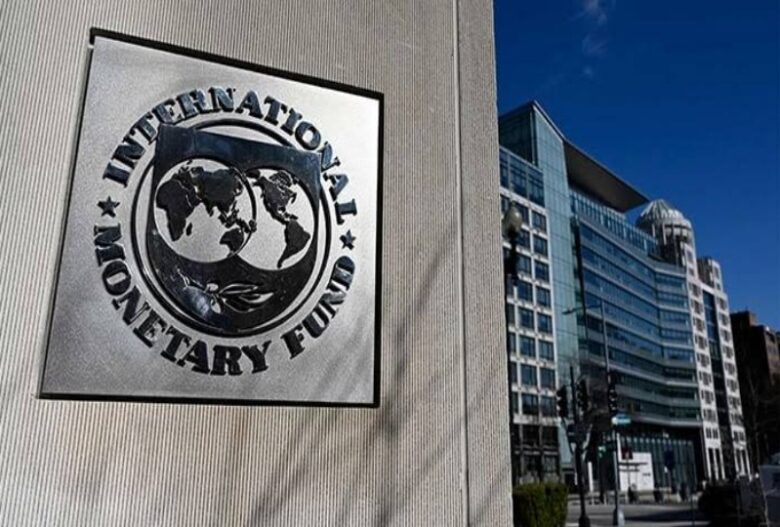The International Monetary Fund announced on Monday the completion of a review that allows Egypt to draw $820 million. While recognizing initial successes in restoring macroeconomic stability, the IMF urged further advancements in managing state-owned enterprises.
This assessment marks the third evaluation of Egypt’s ongoing 46-month IMF loan program, initially approved in 2022. The loan’s total was increased to $8 billion this year in response to an economic crisis characterised by soaring inflation and an intense foreign currency shortage.
According to Egypt, it has transitioned to a flexible exchange rate regime, a policy that the IMF emphasised on Monday as “a cornerstone of the authorities’ program.”
The IMF stated that “inflationary pressures are gradually abating, foreign exchange shortages have been eliminated, and fiscal targets, including those related to spending on large infrastructure projects, were met.”
“While there has been progress on some critical structural reforms, greater efforts are needed to implement the State Ownership Policy (SOP),” the statement added.
The IMF urged Egypt to expedite its divestment strategy for state-owned enterprises and to implement reforms aimed at preventing these entities from engaging in unfair competitive practices.
It also stated that Egypt, which has experienced daily power outages due to declining natural gas production since last year, must address fiscal risks associated with the energy sector.
The IMF quoted its Deputy Managing Director, Antoinette M. Sayeh, as saying, “Restoring energy prices to cost recovery levels, including retail fuel prices by December 2025, is crucial for ensuring reliable energy supply to the population and addressing sector imbalances.”
Ahead of the postponed IMF review, which was rescheduled from July 10, Egypt increased domestic fuel prices by up to 15%.









Got a Question?
Find us on Socials or Contact us and we’ll get back to you as soon as possible.